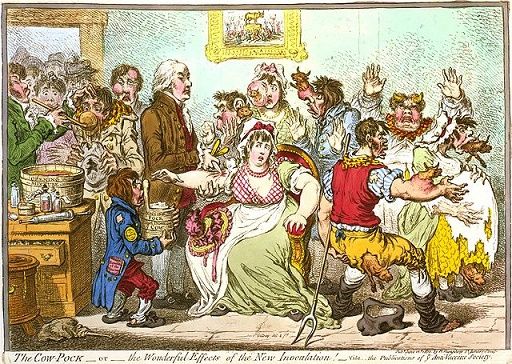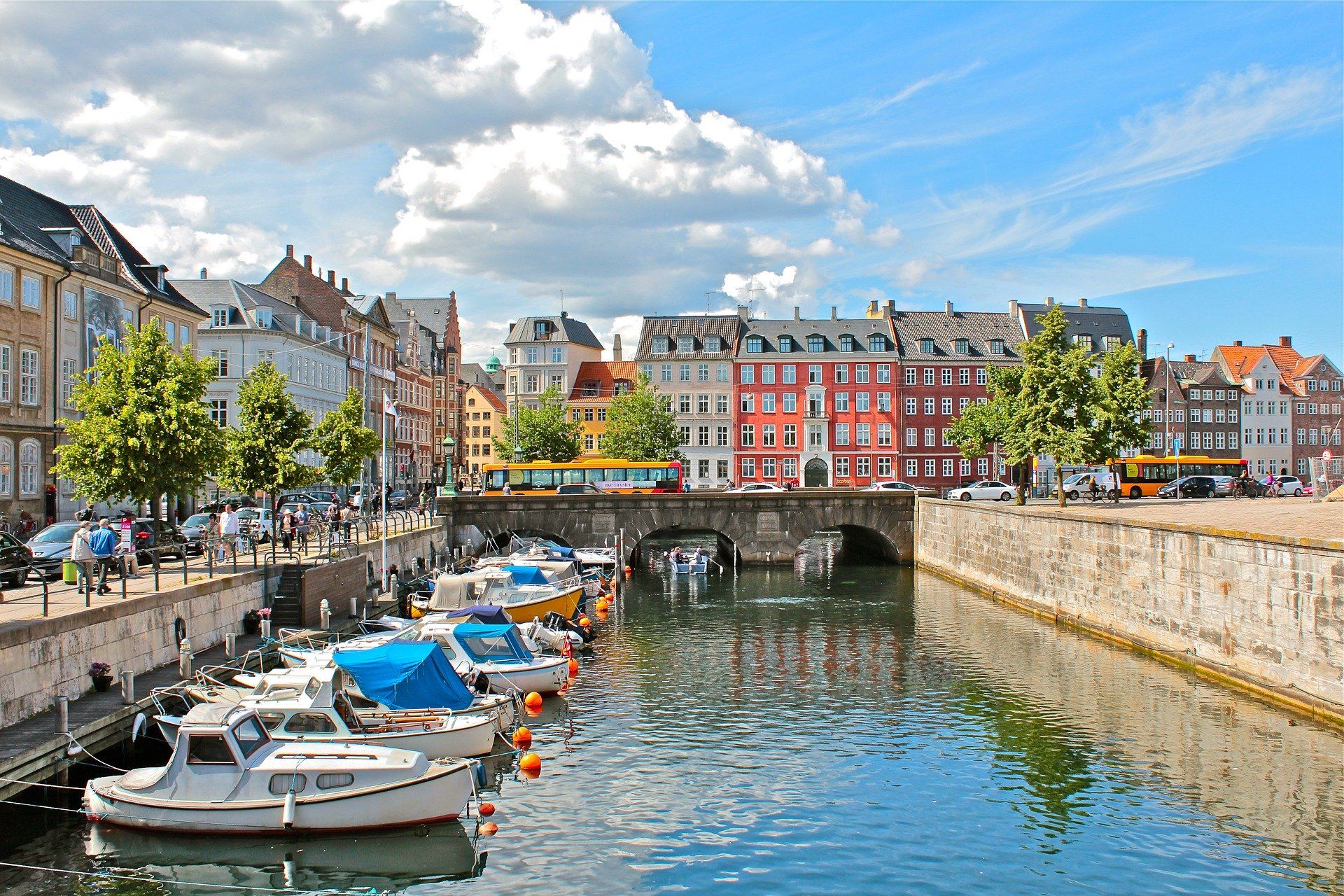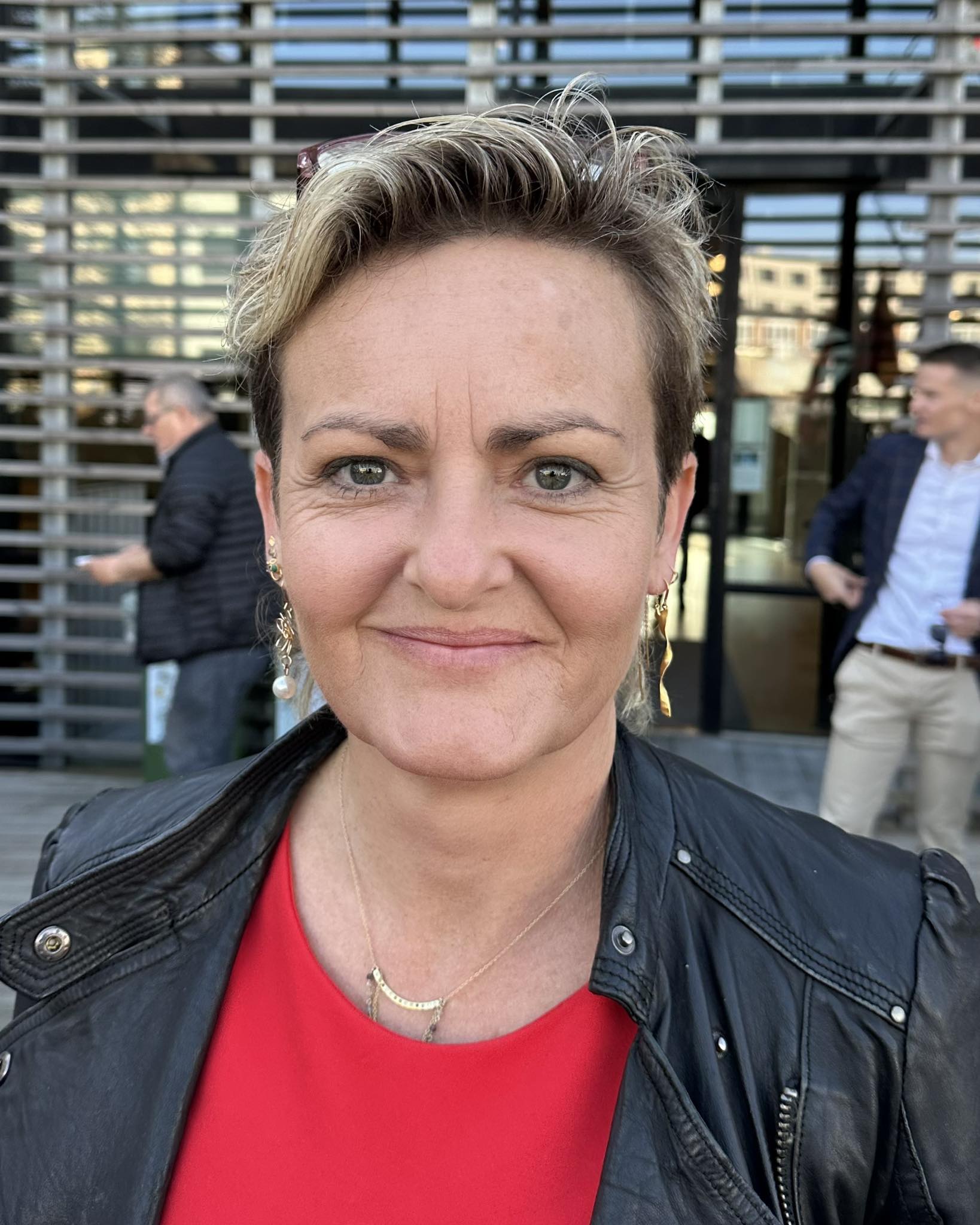The Statens Serum Institut public health authority is advising Danes travelling abroad – particularly those visiting a number of European countries – to go and get vaccinated against measles if they haven’t already been.
In the first six months of this year, more than 41,000 cases of measles have been reported in the EU, and that is almost double the number over the whole of 2017, reports DR Nyheder. So far, there have been 37 fatalities.
Over half the cases have been registered in Ukraine where around 23,000 people have been ill with the disease.
Six other countries have over 1,000 registered cases apiece: France, Italy, Greece, Georgia, Russia and Serbia.
An offer you shouldn’t refuse
From April this year, all adults have been able to be vaccinated against measles free of charge and Dr Palle Valentiner-Branth from the institute urges people to take up the offer.
“When you travel to a country where the vaccination coverage is lower and where there is an outbreak of measles, then there is a risk of bringing an unpleasant souvenir home with you,” he said.
Valentiner-Branth points out that it is not only actually travelling to a specific country that can be risky; you can also be infected at the airport where there are a lot of people, of whom some could have the disease.
On August 6, a man was diagnosed with measles on arrival at Copenhagen Airport from the Philippines, and a few days later the institute reported that a women in the Copenhagen area had also been infected.
READ ALSO: Possible measles scare in Copenhagen Airport
Once, measles was a common disease amongst Danish children, but since the MMR vaccine was introduced in 1987, the numbers contracting the disease has fallen significantly.
Misleading information
However, one reason for the resurgence of the disease could be due to low MMR vaccination rates in some European countries as a result of vaccine scares, reports the Guardian.
Confidence in the MMR vaccination slumped after Andrew Wakefield, a gastroenterologist at the Royal Free Hospital in London, published a paper in the Lancet in 1998 wrongly alleging a link between the vaccine and autism.
Take-up rates from parents for their children recovered across Europe, but there have been pockets of hesitancy and denial in every country. These have created areas in which the general immunisation rate is too low to protect unvaccinated children.
“We are seeing a dramatic increase in infections and extended outbreaks,” Dr Zsuzsanna Jakab, WHO’s regional director for Europe, told the Guardian.
“We call on all countries to immediately implement broad, context-appropriate measures to stop any further spread of this disease.”













